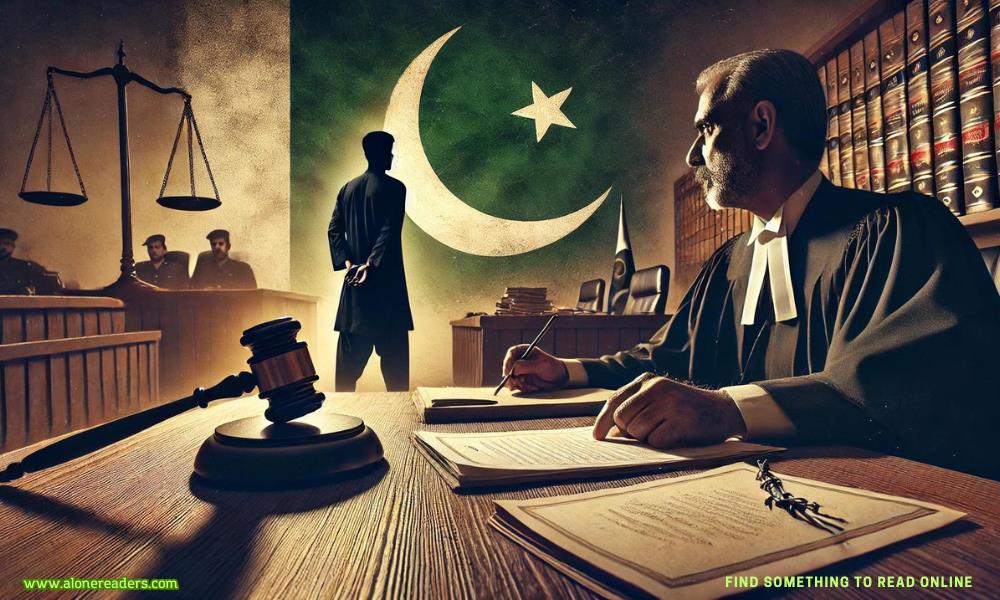
Blasphemy laws in Pakistan are among the most controversial legal provisions in the world. These laws, which prescribe severe penalties including the death sentence for anyone accused of disrespecting Islam or its prophets, have been a source of intense debate both within and outside the country. The implications of these laws are profound, affecting not only the accused but also the broader society, international relations, and Pakistan's image on the global stage.
The roots of Pakistan's blasphemy laws can be traced back to the British colonial era, but they were significantly strengthened during the 1980s under the military regime of General Zia-ul-Haq. The most contentious provision is Section 295-C of the Pakistan Penal Code, which mandates the death penalty or life imprisonment for anyone found guilty of blaspheming against the Prophet Muhammad. Critics argue that these laws are often misused for personal vendettas, to settle scores, or to target religious minorities.
One of the most notable cases illustrating the misuse of blasphemy laws is that of Asia Bibi, a Christian woman who was sentenced to death in 2010 for allegedly insulting the Prophet Muhammad during an argument with her Muslim co-workers. Her case drew international condemnation and highlighted the plight of religious minorities in Pakistan. After spending nearly a decade on death row, Asia Bibi was acquitted by the Supreme Court in 2018, a decision that sparked both relief and outrage. While her acquittal was a rare victory for justice, it underscored the dangers and challenges faced by those accused of blasphemy.
The impact of blasphemy laws extends beyond the individuals directly involved in these cases. The laws create an environment of fear and intolerance, where even the mere accusation of blasphemy can lead to violent mob attacks, extrajudicial killings, and widespread social unrest. This climate of fear stifles free expression and religious discourse, as people are wary of being misinterpreted or falsely accused. Consequently, these laws hinder the progress of a pluralistic and open society.
Moreover, the controversial nature of Pakistan's blasphemy laws has strained its international relations. Human rights organizations, including Amnesty International and Human Rights Watch, have consistently criticized the laws for violating fundamental human rights, such as freedom of speech and religious freedom. Western governments and international bodies have also expressed concern over the application of these laws, urging Pakistan to reform its legal system to prevent abuse and protect the rights of all citizens.
The Pakistani government, however, faces a complex challenge in addressing these concerns. On one hand, there is immense pressure from religious groups and conservative elements within the country who view any attempt to amend or repeal the blasphemy laws as an attack on Islam. These groups wield significant political influence and can mobilize large-scale protests, as seen during the Asia Bibi case and other similar incidents. On the other hand, the government is under international scrutiny to uphold human rights and ensure justice for all citizens, regardless of their religious beliefs.
In recent years, there have been some efforts to curb the misuse of blasphemy laws. The judiciary has taken a more proactive role in reviewing blasphemy cases, and there have been calls for better enforcement of due process and protection for the accused. However, meaningful reform remains elusive, and the risk of exploitation persists.
The implications of Pakistan's blasphemy laws are far-reaching. They affect not only the accused and their families but also the broader societal fabric, fostering division and mistrust. The laws also impact Pakistan's international standing, posing challenges for its diplomatic relations and efforts to attract foreign investment. Additionally, the laws hinder the development of a more tolerant and inclusive society, where diverse beliefs and opinions can coexist peacefully.